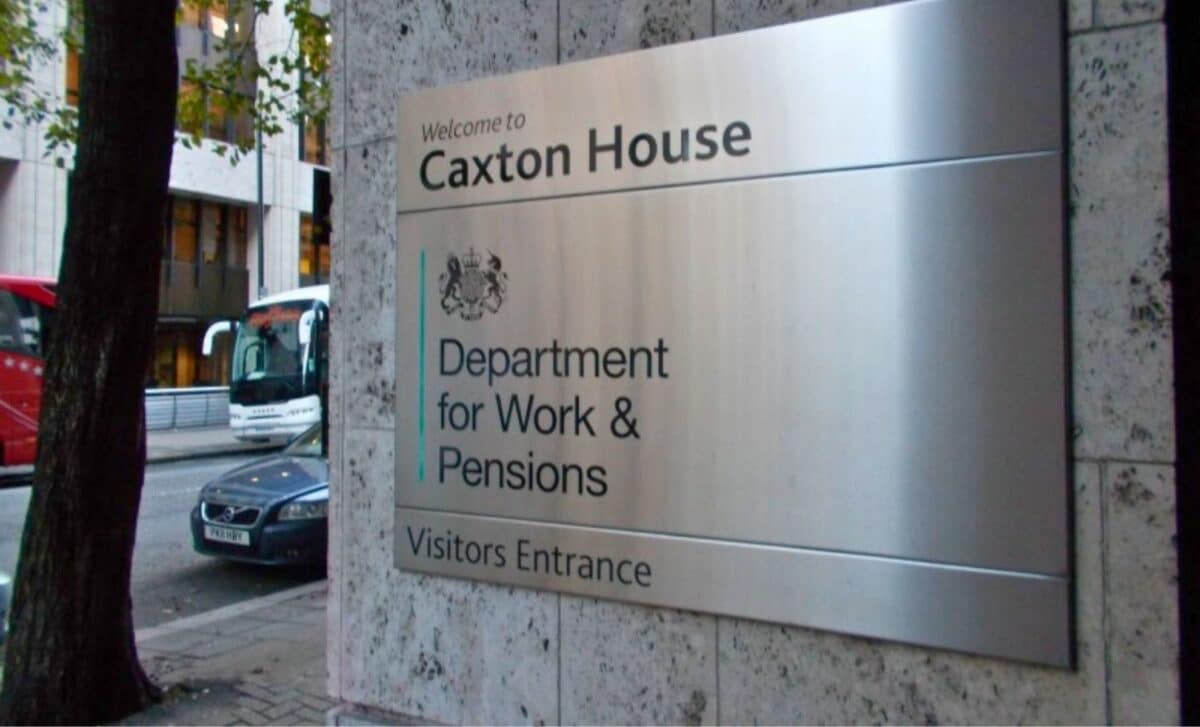With the labour government, the Department for Work and Pensions (DWP) is set to change its priorities from welfare to work, according to the department’s new minister.
UK Labour to Focus on Overcoming Employment Barriers
During a speech in Barnsley, Liz Kendall, the freshly appointed Secretary of State for work and pensions, emphasized the need to give greater attention to the factors preventing people from finding a job. This includes transport, childcare, skills, and health issues.
Labour‘s long term goal is to reach an 80% employment rate, which would surpass the employment rates of any other G7 developed nations. Nearly 11 million people, or about 25% of the working-age population in the UK, are currently out of work.
Approximately 9.4 million of these individuals are considered “economically inactive” rather than “unemployed” as they are neither searching for work nor ready to take a job. However, over 1.7 million indicate they want to work, but cite sickness or caring as the main reasons they gave up the search for employment.
While the majority of leading economies’ workforces have bounced back from the COVID-19 pandemic, the UK is still far behind, with more people out of work compared to 2019.
Ms Kendall stated that with the previous Conservative government, the Department for Work and Pensions (DWP) had concentrated all of its efforts “almost entirely on the benefit system”, turning job centres into “a benefit monitoring service”.
“They paid nowhere near enough attention to the wider issues like health, skills, childcare, transport, that play such a huge role in determining whether you can get work, stay in work, and get on in your work,” she declared. She went on to say: “Under my political leadership, the DWP will shift from being a department for welfare to being a department for work.”
Major Overhaul Planned for UK Jobcentres
The Secretary of State pledged a “major overhaul” of job centres, integrating Jobcentre Plus and with National Career Service to prioritize assisting people join the workforce, rather than processing benefit claims. The former Conservative government had suggested implementing stricter sanctions for people capable of work who declined jobs offers, along with additional enhanced employment assistance.
Nevertheless, Ms Kendall contested the former government’s “divisive rhetoric about strivers versus scroungers” as it failed to get people back into work. She added that the “vast majority” of those not working struggle to find a job.
Conservative shadow work and pensions secretary Mel Stride said: “Since 2010 our reforms have successfully focused on getting people into work and off welfare with more than four million people in work.”
“Rather than just spouting out aspirational targets, Labour needs to set out a clear plan for how they are going to get more people into employment and reform welfare.”
However, Ms Kendall asserted: “We will give local places the responsibility and resources to design a joined up, health, work and skills offer that’s right for local people.”









